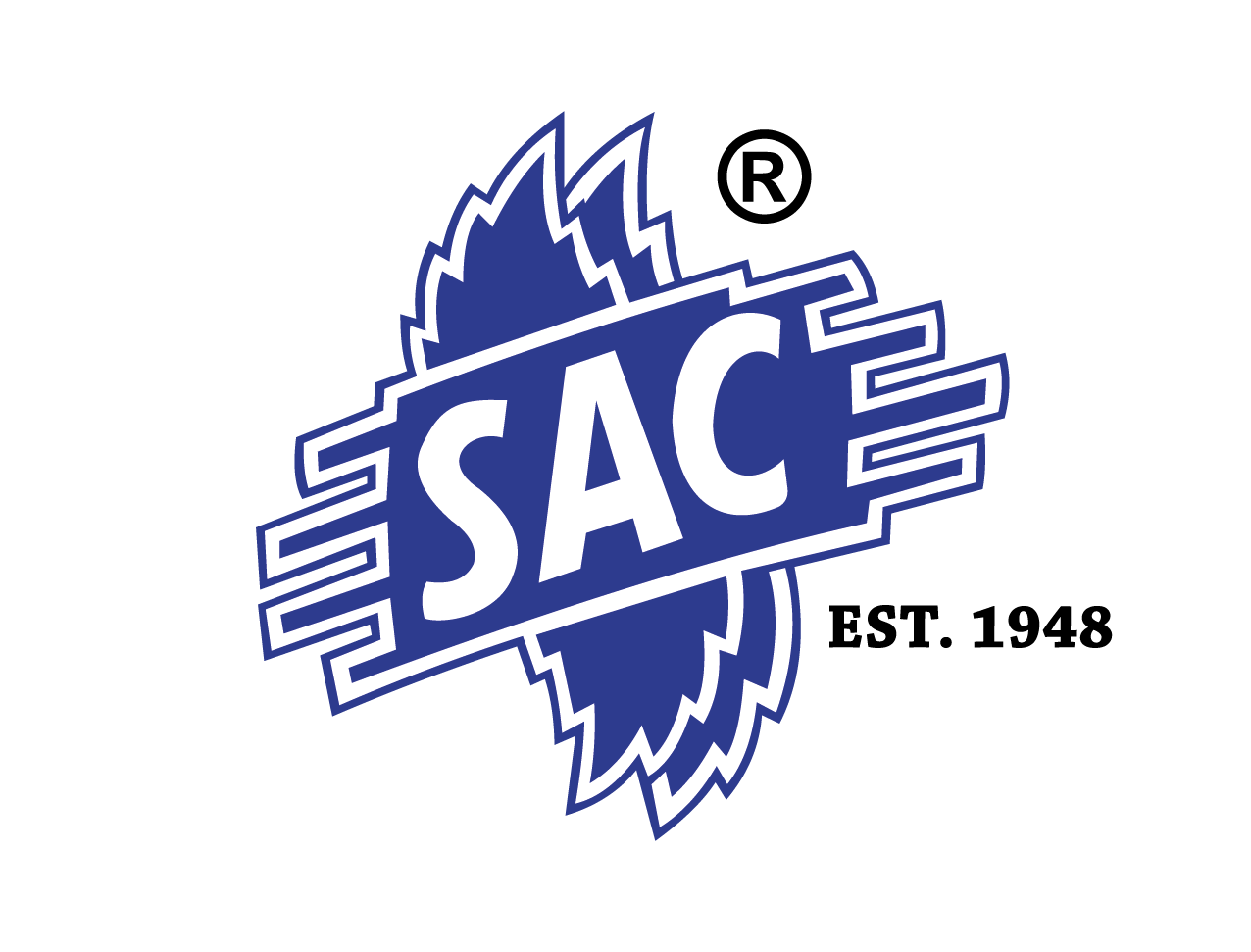As environmental awareness continues to increase, consumers are looking for sustainable alternatives in all aspects of life, including oral care. Bamboo toothpaste is one of the options that has been highly publicised for its eco-friendliness. However, can this type of toothpaste truly be considered a sustainable oral care choice? This post examines the sustainability aspect of bamboo toothpaste, its pros and cons, and its implications for oral health.
What’s Bamboo Toothpaste?
Bamboo Toothpaste
The natural substitute for conventional dentifrices known as bamboo toothpaste usually has extracts from bamboo, which have the property of cleaning teeth naturally and killing bacteria. Its packagings is often made from materials that can easily disintegrate or be recycled, thus making it more environmentally friendly.
Main Ingredients
- Extract Of Bamboo: Offers antibacterial properties naturally while removing plaque.
- Charcoal Activated (From Bamboo): It helps to whiten teeth while detoxifying the mouth.
- Natural Flavours And Sweeteners: These can include mint flavours, cinnamon tastes or even stevia for sweetening without chemical additives.
Bamboo Toothpaste Benefits
- Eco-Friendly Packaging: Most bamboo toothpastes are packed in biodegradable, compostable, or reusable materials, which minimise plastic waste.
- Renewable Resource: Bamboo is a highly renewable resource that grows rapidly and does not require replanting after harvesting. This makes it a more sustainable alternative to the ingredients and materials used in conventional toothpaste.
Oral Health Benefits
- Natural Antibacterial Properties: Bamboo extract has natural antibacterial properties that help reduce harmful bacteria in the mouth, promoting better oral health.
- Whitening Effect: Activated charcoal derived from bamboo can help whiten teeth by adsorbing surface stains.
- Reduced Chemical Exposure: Bamboo toothpaste typically contains fewer synthetic chemicals and artificial additives, which can be beneficial for those with sensitive teeth and gums.
Environmental Impact
- Biodegradability: Bamboo-based products and packaging are generally biodegradable, meaning they break down more easily in the environment compared to conventional plastic toothpaste tubes.
- Reduced Carbon Footprint: The cultivation and harvesting of bamboo have a lower carbon footprint compared to traditional toothpaste ingredients, which often require more intensive agricultural practices and synthetic production methods.
Oral Health Efficacy
- Lack of Fluoride: One of the primary concerns with many bamboo toothpaste products is the absence of fluoride, a key ingredient in preventing tooth decay and strengthening enamel. The lack of fluoride can compromise the toothpaste's effectiveness in maintaining long-term oral health.
- Abrasiveness: The inclusion of activated charcoal, while beneficial for whitening, can be abrasive and potentially harm enamel if used excessively.
Availability and Cost
- Higher Cost: Bamboo toothpaste can be more expensive than conventional toothpaste due to the cost of sustainable ingredients and eco-friendly packaging.
- Limited Availability: While gaining popularity, bamboo toothpaste is not as widely available as traditional toothpaste, making it less accessible for some consumers.
Contrasting Bamboo Toothpaste with Conventional Toothpaste
Comparison of environmental factors
- Packaging: Conventional toothpaste tubes are generally constructed from plastic that cannot be recycled, which greatly adds to the amount of waste in landfills. On the other hand, bamboo toothpaste packaging is created to reduce harm to the environment.
- Components: Conventional toothpaste typically includes artificial substances and chemicals that may be damaging to the environment when made and thrown away. Bamboo toothpaste emphasises the use of all-natural, environmentally friendly ingredients.
Choosing wisely
Achieving a balance between sustainable practices and maintaining good oral health.
- Use a combination of both categories.One way to achieve both sustainability and oral health is to switch between using bamboo toothpaste and conventional toothpaste with fluoride. This enables the use of organic, environmentally friendly elements while also safeguarding teeth with fluoride.
- See a dentist for a check-up.Before transitioning to bamboo toothpaste, it is advisable to seek advice from a dentist, particularly if you have specific dental health issues or conditions.
Conclusion
Bamboo toothpaste provides a hopeful eco-friendly option compared to traditional toothpaste. Consumers who care about the environment find it appealing due to its environmentally friendly packaging, utilization of renewable resources, and inclusion of natural ingredients. Nonetheless, the absence
Frequently asked questions regarding Bamboo Toothpaste.
Q1: What sets bamboo toothpaste apart from traditional toothpaste?
Bamboo toothpaste contains bamboo extract and activated charcoal, both derived from natural ingredients. It is commonly found in environmentally friendly packaging and is created to be more sustainable than traditional toothpaste, which typically contains artificial chemicals and is packaged in plastic tubes.
Q2: Does bamboo toothpaste work well for teeth whitening?
Toothpaste made from bamboo can assist in whitening teeth and eliminating surface stains because of the activated charcoal it includes. Yet, its ability to whiten may only be effective on superficial stains and could fall short of the results achieved with professional procedures.
Q3: Is fluoride included in bamboo toothpaste?
Lots of bamboo toothpaste options lack fluoride, which is crucial in preventing cavities and fortifying enamel. Checking the product label and possibly switching to toothpaste with fluoride is essential for thorough dental care.
Q4: What is the recommended frequency for using bamboo toothpaste?
You can use bamboo toothpaste every day. Nevertheless, because of its harsh qualities, it is advisable to combine it with a milder toothpaste that contains fluoride to safeguard enamel and ensure good oral health.
Q5:Is bamboo toothpaste suitable for kids' use?
Bamboo toothpaste may be suitable for children, but selecting a product made specifically for kids is crucial. Make sure the toothpaste is safe for kids and talk to a children's dentist before using it, as fluoride is essential for preventing tooth decay in children.





 Food, Flavors & Colors
Food, Flavors & Colors